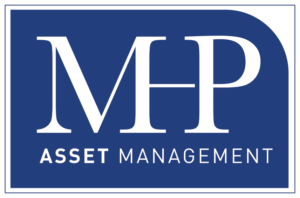In the world of investment management, the word used to describe growth in a portfolio, typically a short-term one, is Alpha. The definition of Alpha in one of my investment management books is the abnormal rate of return on securities in excess of what would be predicted by an equilibrium model. However, I believe the easiest way to explain Alpha as it pertains to investment management is an example.
If I were to build portfolio using stocks, maybe some bonds and exchange traded funds that represent the core holdings in the portfolio. These core holdings would be securities that I am using for the foundation in the construction of my investment portfolio. These types of investments would have an expected return in a model portfolio. Many people own mutual funds that they may consider to be the foundation of their investment portfolio. However, these mutual funds are passive investments that have certain stock, bond, or commodity holdings. Many of these funds typically have a historical return and an expected return that is most likely based on historical return. This really explains how most financial plans base their plan on expected return. These expected returns typically do not include Alpha.
I think about Alpha as the additional income or growth that I can add to my client’s portfolio over and above the expected return generated by the core portfolio holdings. As anyone knows that has investigated the CD market or bond market recently, it has become very apparent that there is extraordinarily little yield in CDs or quality debt. To get any kind of yield one must look to lower credit quality in the corporate bond market that is highly correlated to the equity or stock market. CDs and high-quality bonds have little return and limited risk. In this environment, investment-grade bonds which are considered BBB or better are paying around 4% annually with maturities out about five years. BBB rated bonds are right on the cusp of junk bonds otherwise known as high yield. With a lot of uncertainty in the markets going forward I do not believe, personally, that the risk is worth the reward. The corporate bond market reacted very poorly in March of this year, remarkably similar to the financial crisis of 2008. My point is that safe investments are paying exceptionally low rates of interest and risky investments are paying a good rate of return, but I question if some of these high-yield bonds will make it to maturity or default?
I believe creating Alpha in a portfolio does not mean that you must take on extreme risk. While almost all investments have a degree of risk, I believe the potential reward must justify that risk. In this incredibly low rate era of interest rate returns, I believe that actively managed investments for at least a portion of an investment portfolio makes a lot of sense. If you believe your money is passively managed and not working hard for you, I invite you to call or email us to get more details on how an actively managed portfolio may be just what have been looking for!


























